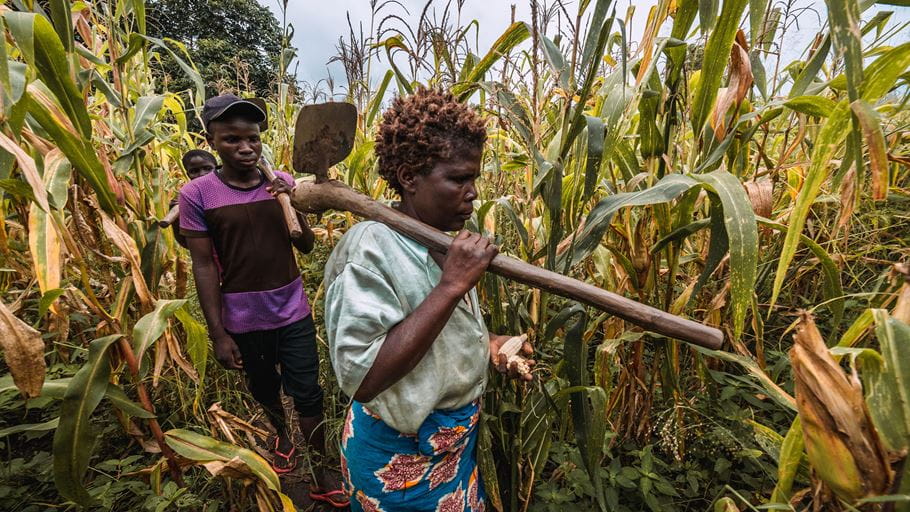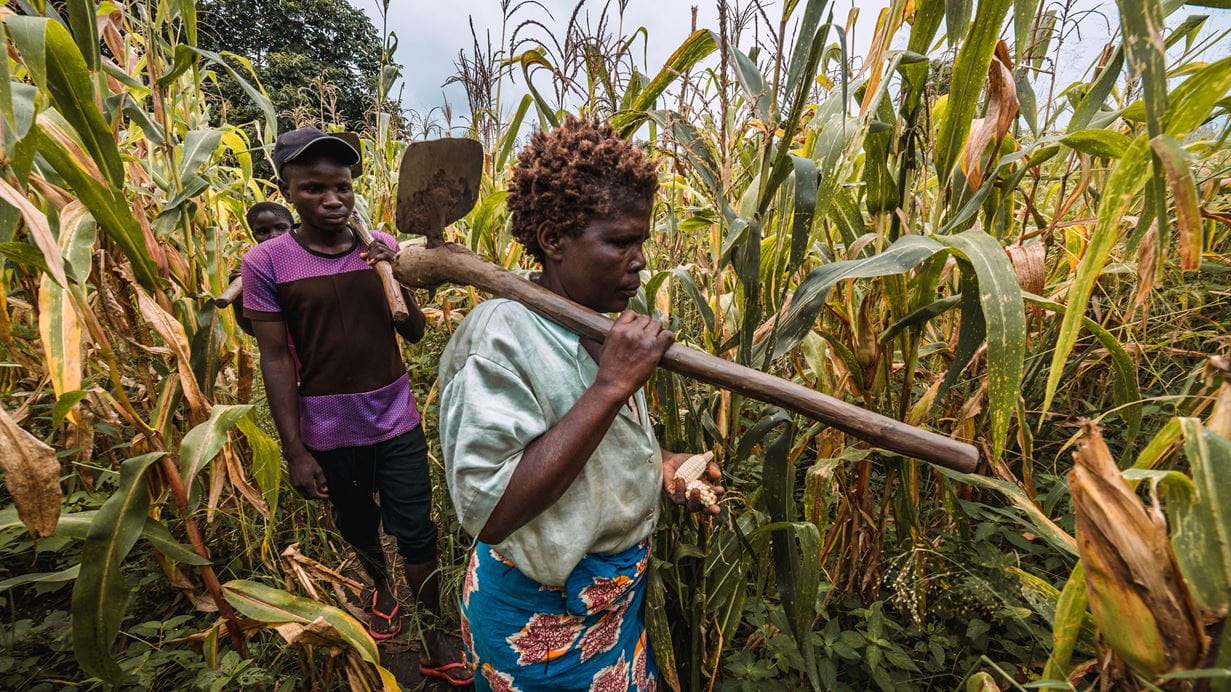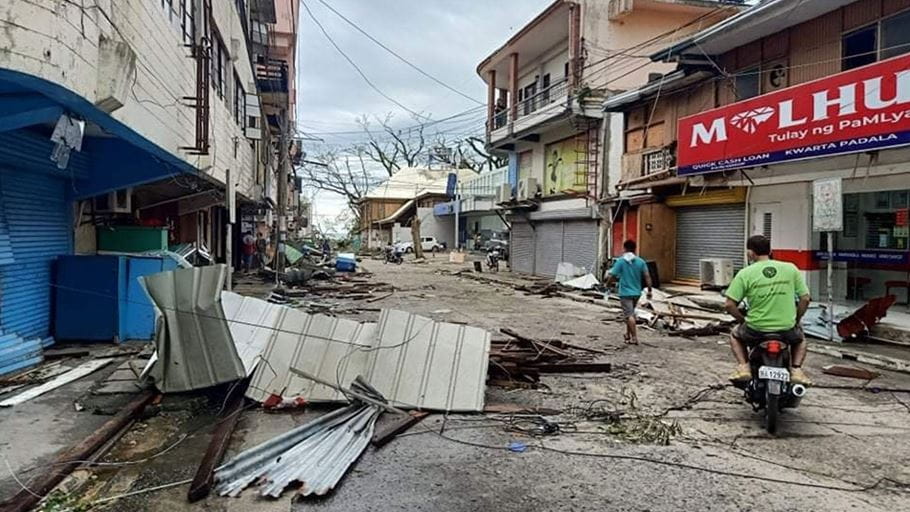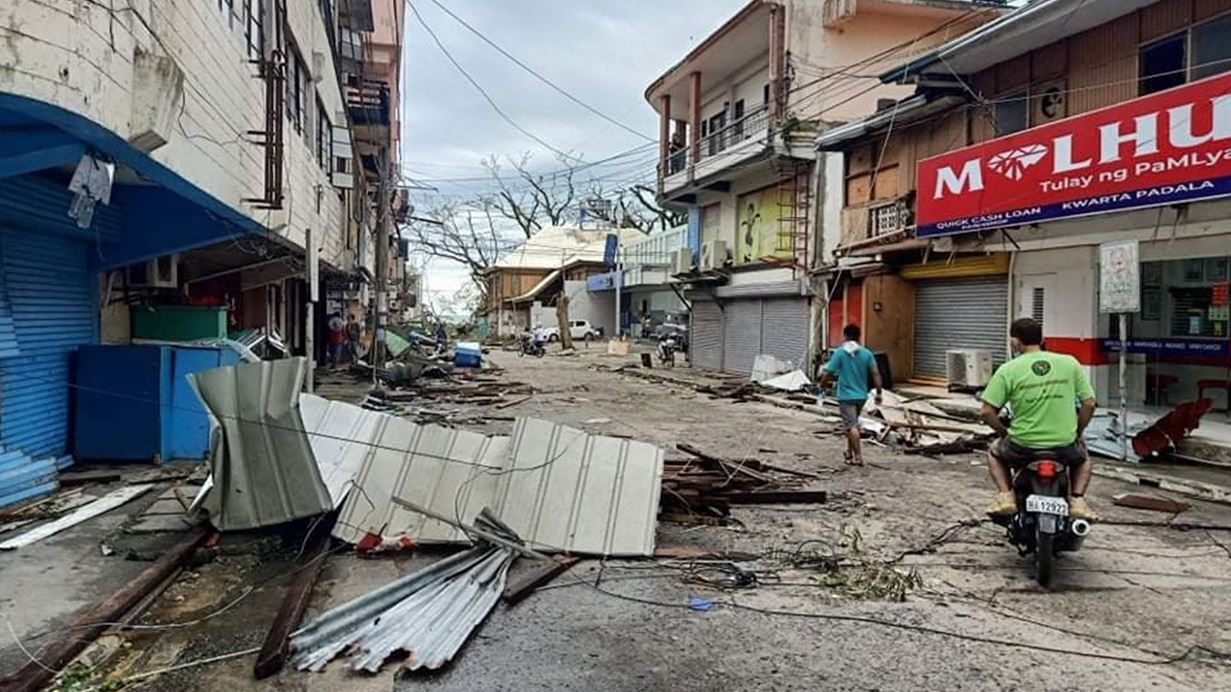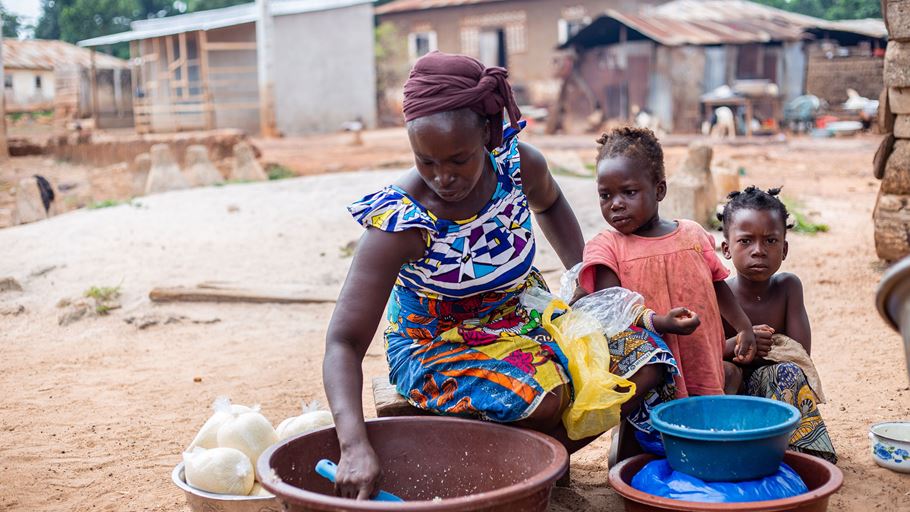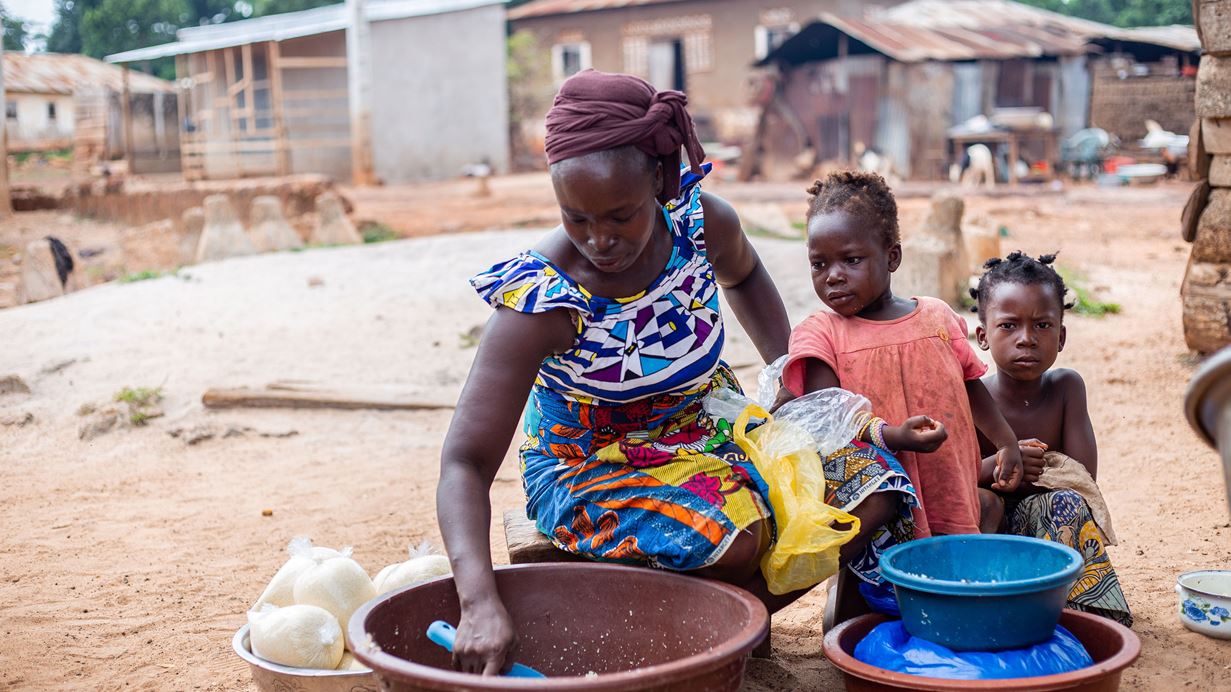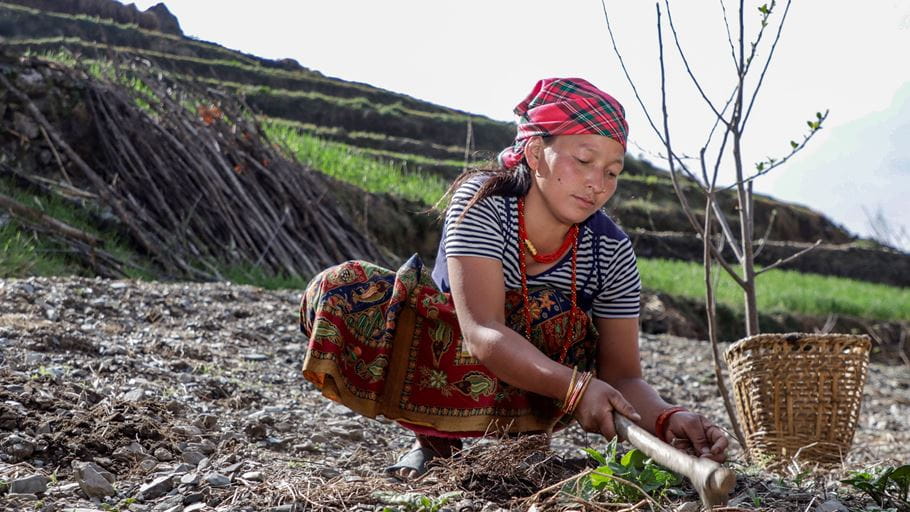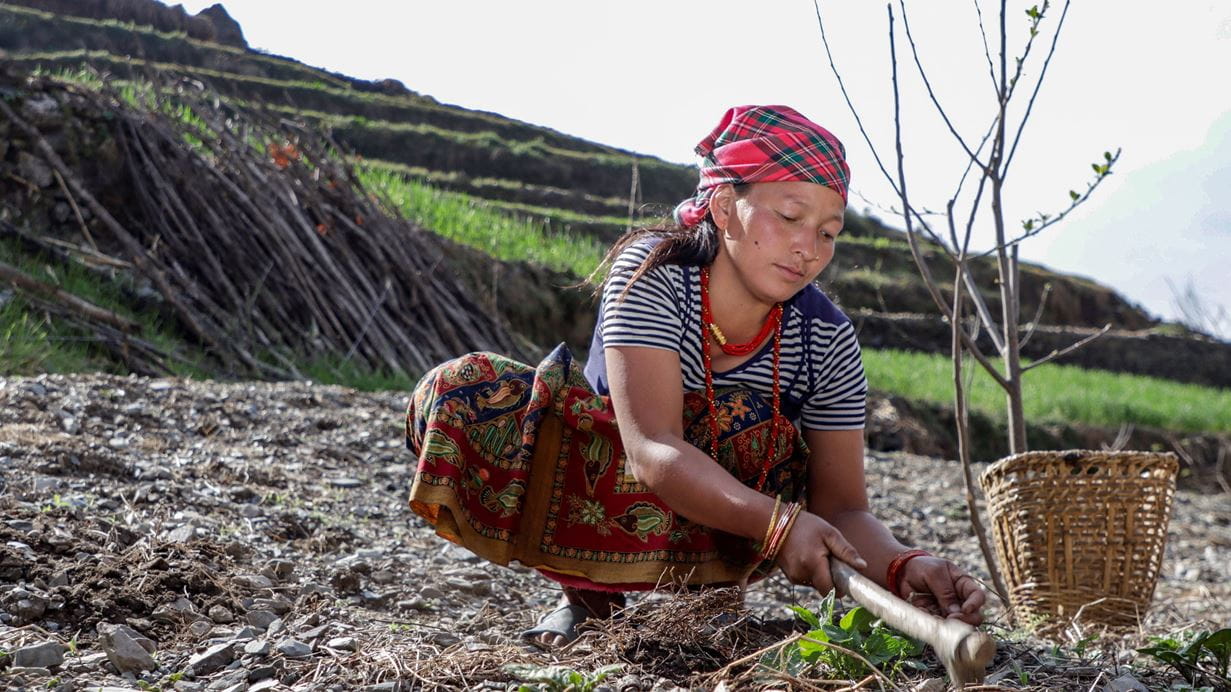Detestable. Hate. Despise. This is God describing not the enemies of God’s people, but God’s people themselves.
What caused God to react in this way? Injustice. Because ‘You levy a straw tax on the poor and impose a tax on their grain’ (Amos 5:11) Because ‘There are those who oppress the innocent’ (Amos 5:12).
Religion is meaningless unless it confronts injustice. And the food crisis gripping the world right now is an injustice on a massive scale.
The role of the church
What does God want from us then?
In Isaiah, God declares: ‘Learn to do right; seek justice. Defend the oppressed. Take up the cause of the fatherless; plead the case of the widow.’ (Isaiah 1:17) And, in Amos: ‘But let justice roll on like a river, righteousness like a never-failing stream!’ (Amos 5:24)
In the New Testament, the writer James summarises it in this way: ‘Religion that God our Father accepts as pure and faultless is this: to look after orphans and widows in their distress and to keep oneself from being polluted by the world.’ (James 1:27) In other words, taking practical action to help people in need.
In the parable of the sheep and the goats (Matthew 25:31-46), the separation between those whom Jesus accepts and those whom he doesn’t is not based on belief, but on action. Specifically, those who are accepted are those who come to the aid of people who are suffering.
This is the role of the church.
The poor will always be with you?
When Jesus says ‘The poor you will always have with you’ (Mark 14:7), he is not saying that we will always have a choice of either loving him or loving the poor. In fact, he is saying the exact opposite.







